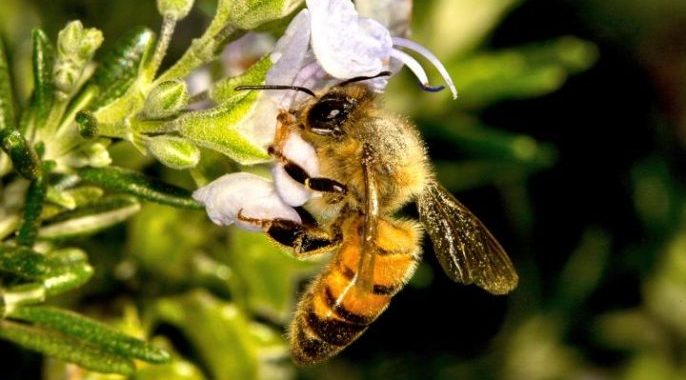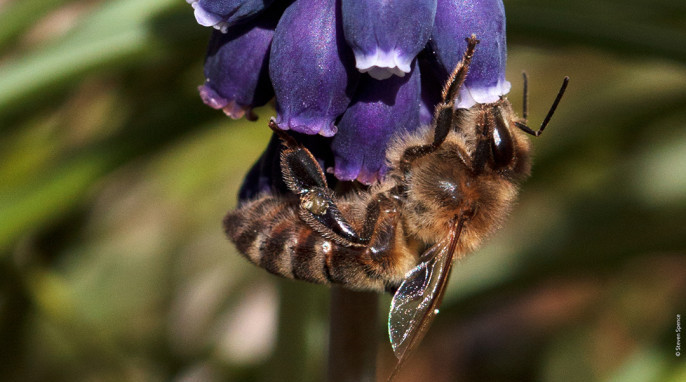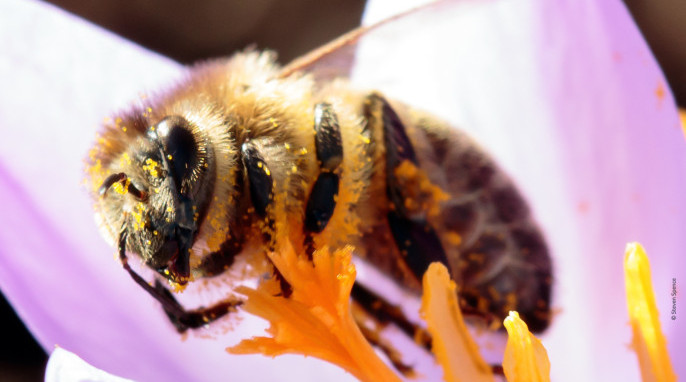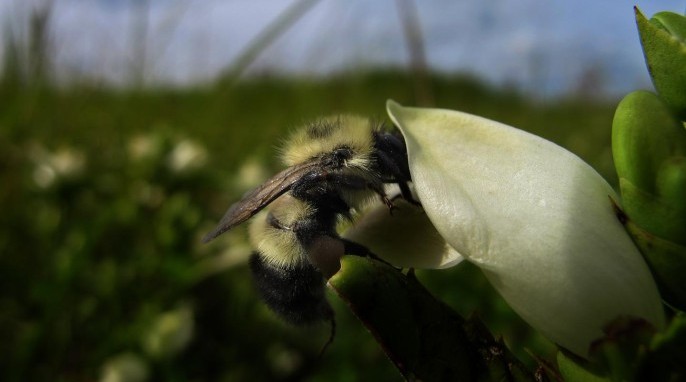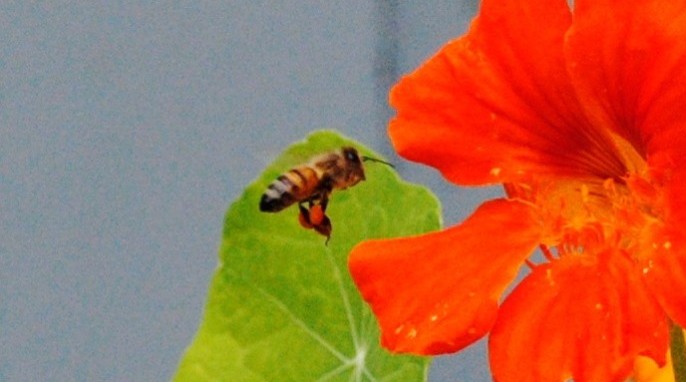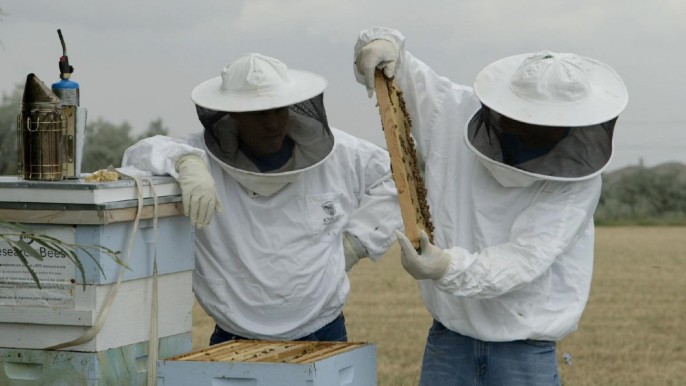Hungry Baby Bees More Resilient to Starvation as Adults
By Neha Jain @lifesciexplore When was the last time you ate an apple? We rarely think about how fruits develop; apples, as well as many other fruits, nuts, and vegetables we take for granted, are the result of pollination by honeybees. Global demand for food production is surging, but in the past decade, honeybee colonies worldwide have been plagued by colony collapse disorder, a mysterious phenomenon where most of the worker bees in a colony vanish, leaving behind the queen bee, ample food stores, and a few nurse bees to…
Read More
